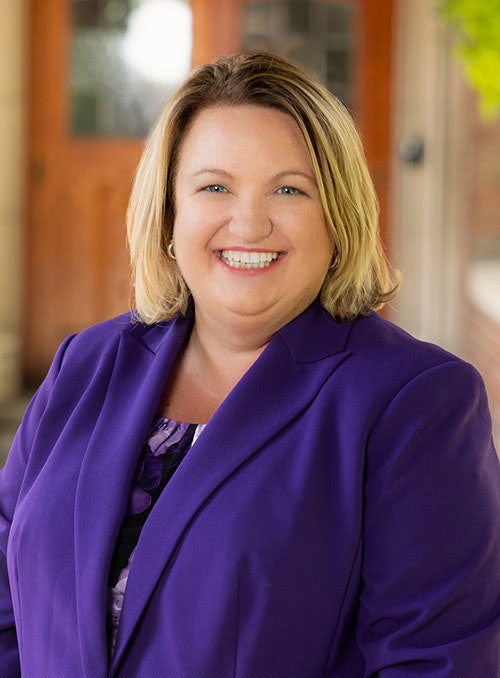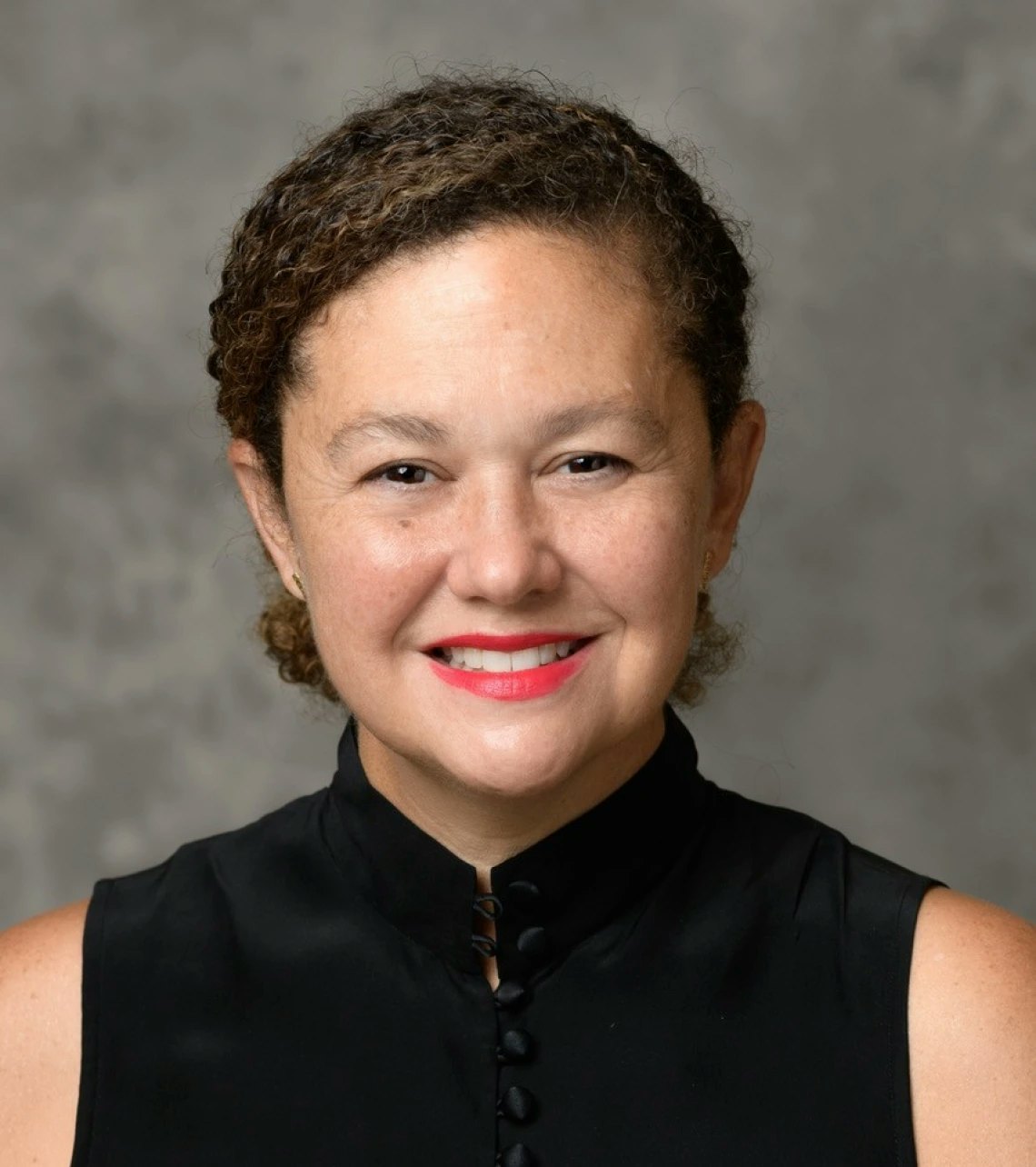3rdtimeluckystudio/Shutterstock
As tensions on many college campuses remain high, faculty and student-facing staff are looking for guidance on navigating heavy conversations and maintaining civility. In this interview, Alex Pittman, senior associate director, and Melissa Wright, executive director, both from Barnard College’s Center for Engaged Pedagogy, provide guidance for faculty on establishing trust with and between students and tools for moving forward when political division and interpersonal conflict spill into the classroom.
Sheena Daree Romero, HigherEdJobs: What guidance would you offer those who are nervous or uncertain about navigating tricky situations and campus tension?
Melissa Wright, executive director at the Center for Engaged Pedagogy: For guidance on thinking about this, I’ve turned to how faculty and staff supported students in the wake of 9-11. One study found that doing something was better than doing nothing. This might mean simply acknowledging the difficult climate, inviting students to talk during office hours (if feasible), or creating an anonymous form asking students what would most help them learn. Then, summarize what’s been shared and how you’ll incorporate it into your classroom. We can learn a lot about what students want and need – and how unevenly global crises impact them — by asking.
One group of students had a powerful request for their instructor, “Trust us to disagree.” We shouldn’t assume that students can’t handle disagreement — our role is to trust and also to support them.
Alex Pittman, senior associate director at the Center for Engaged Pedagogy: Early on, make relationship-building a part of your class. When an issue flairs up, people think it’s the issue you have to address. But relationships are the main course — the issue is more like dessert. When relationships are established, students will be more invested in repair.
Collaborative activities like think-pair-share can be used, even in large lectures, to get students invested in peers’ ideas and engaged in a common project. Facilitate connection by creating study group sign-up sheets and structuring ways for students to create community guidelines together-this builds rapport and is going to be valuable, even if there isn’t conflict.
Romero: There’s a lot at stake when something goes wrong in the classroom. What might faculty do or say in the immediate aftermath?
Pittman: This is why relationship-building matters. When developing community agreements with students, I’ve started asking, “What does repair look like for us?” Have a real conversation and get specific (more than “they need to be accountable” — well, okay, but what does that look like in practice, for us, here?). Community agreements have a reparative function, they’re not about censoring, policing, or silencing. They establish how we’ll move forward if someone crosses a boundary. If there’s a situation where you mess up — address it. Even, especially, if it feels awkward! Acknowledge your mistake and apologize in a simple, direct, and meaningful way. Then make an effort to avoid making that mistake in the future. This models how it looks to account for offense.
Romero: How might faculty think of their role in facilitating and responding to inner-student conflict?
Pittman: It depends, but start with self-reflection. Conflict doesn’t necessarily feel good, but this doesn’t mean it’s bad. I tell students I want a range of interpretations and that I trust them to articulate and stand by their differences — that they’re all part of how we learn.
If there’s hostility or threat, that’s a problem. We need to ask how we recognize the difference between productive conflict and unproductive hostility, and engage students on that question. Return to the class’s learning goals. How might conflict advance or hinder those goals? After determining that and observing that with your students, you can figure out next steps.
Wright: A tool we return to for collaboration and reflection is case-based learning. Thinking about and working through what’s happened, and coming together to learn how others are thinking about and approaching it, is important for students and strengthens relationships. It’s important for faculty, too — we encourage instructors to process and share their concerns with colleagues over lunch.
Romero: How might faculty address issues that seep into the classroom but are unrelated to the course content itself?
Wright: If you’ve asked what students need, turn back to that, starting with, “you said . . .”
A guiding principle is to have some humility about what you do and don’t know, and the limitations of what you even can know, given your distance from the issue. Admit that this impacts the next steps. If you’re stuck, consider allocating 5-10 minutes to addressing the issue before returning to class as scheduled, and inform students they’re welcome to opt out.
Pittman: It depends on the kind of class you’re teaching, your appointment status, paycheck, and level of comfort. You’re not a conflict manager, and it’s important you don’t feel this is solely your responsibility to figure out. Ask: is it getting in the way of assignments? If so, what flexibility can you exercise? Is there a way to connect it to class in a way that’s meaningful without being burdensome? Consider also that students might not want you to intervene.
Romero: What are restorative practices, and how have faculty successfully employed them in classroom settings?
Wright: Self-reflection must come before facilitation. When the challenge lies between the instructor and the students, things go best when the instructor actively listens to the students, even if they don’t agree. The instructor might have good reason and a lot of insight into their teaching decisions — explaining those to students, along with what they would do differently in the future (or not) can make a difference.
Alex models this. When leading groups through disagreements, he re-phrases what he hears so that everyone feels heard. He also maintains openness to what everyone has to say and has strategies for encouraging full participation.
Pittman: Students need to feel heard. And it’s worth remembering that listening is not just about taking in information, it’s about taking what’s been said seriously and respectfully, and doing something in response.
If there’s a clash between students you feel you should address, do so away from the rest of the class. I don’t think an instructor is obligated to fix every problem that exists between students, but if you deem it appropriate, you might engage them in a conversation about how they can come together. If things can’t be repaired, respect that — and recognize their agency. How might you pivot? In your course planning, it’s helpful to anticipate this and identify what adjustments you’ll be able to make. If there’s hostility, try to do some problem mapping. Ask, “what is the nature of the problem here? How’s it affecting our class? How will we learn together?”
Romero: Are there instances when restorative practices are insufficient?
Wright: At times, they can feel like a band-aid on something that exceeds the bounds of pedagogy and points to deeper systemic oppression or global conflict. Trauma-informed practices can be deployed in ways that minimize political disagreement or fail to respect students’ political commitments. We need to dignify students’ right to disagree based on their ethical commitments while also recognizing that sometimes the disagreement is entangled in trauma, burnout, or painful emotions.
Pittman: Some strategies get put on a pedestal. For example, creating “dialogue” is often floated as a solution to conflicts rooted in political commitment. But dialogue is just one strategy-not a replacement for many other things that need to happen. It’s better to frame these kinds of actions and strategies as part of an ensemble of viable ways that people come together within an authentically democratic culture.
Wright: You have to be clear about what you’re doing and define the objective. Last year, I collaborated with some colleagues and a student to develop a workshop where students read and interpreted Palestinian and Israeli literature. Then, students wrote their own poems or stories to grapple with grief. I advertised the workshops as explicitly not a replacement for protest or other means of political engagement-but as a place to come to think and create together.
Pittman: It opposed the idea that literary interpretation and storytelling should substitute for protest and said, instead, that it was one among many ways of coming together. Multiplying the ways people can come together is essential.
For additional guidance, consider these other resources from the Center for Engaged Pedagogy:


























